
Viktor Orbán emphasised at the event organised by the Hungarian Chamber of Commerce and Industry that six out of ten students who finish their primary education continue their studies in vocational education in Hungary, with technical schools being the most popular choice.

On the day of the performance, artists will only be able to bring in a small bag with them. This means security checks will be similar to those at airports, so participants and performers will need to arrive hours before the event.

Zsolt Bayer, known for his radical rhetoric, announced that another Peace March would be held during the papal visit, and asked people to attend in ‘awfully large numbers’, as a big turnout would not only ‘have a spiritual, but also a political message’.
Every year, storks make a long and perilous journey from their wintering grounds in Africa back to their breeding grounds in Central Europe and Asia, and in the Hungarian culture, their return in spring is always a cause for celebration.

‘Those who oppose the Woke tide must recognize that the revolution they face is a many-headed hydra, driven and enabled by a multitude of factors beyond the political. Ultimately its deepest roots are in the social atomization, cultural breakdown, and the void of spiritual meaninglessness produced by the nihilism of Western modernity.’
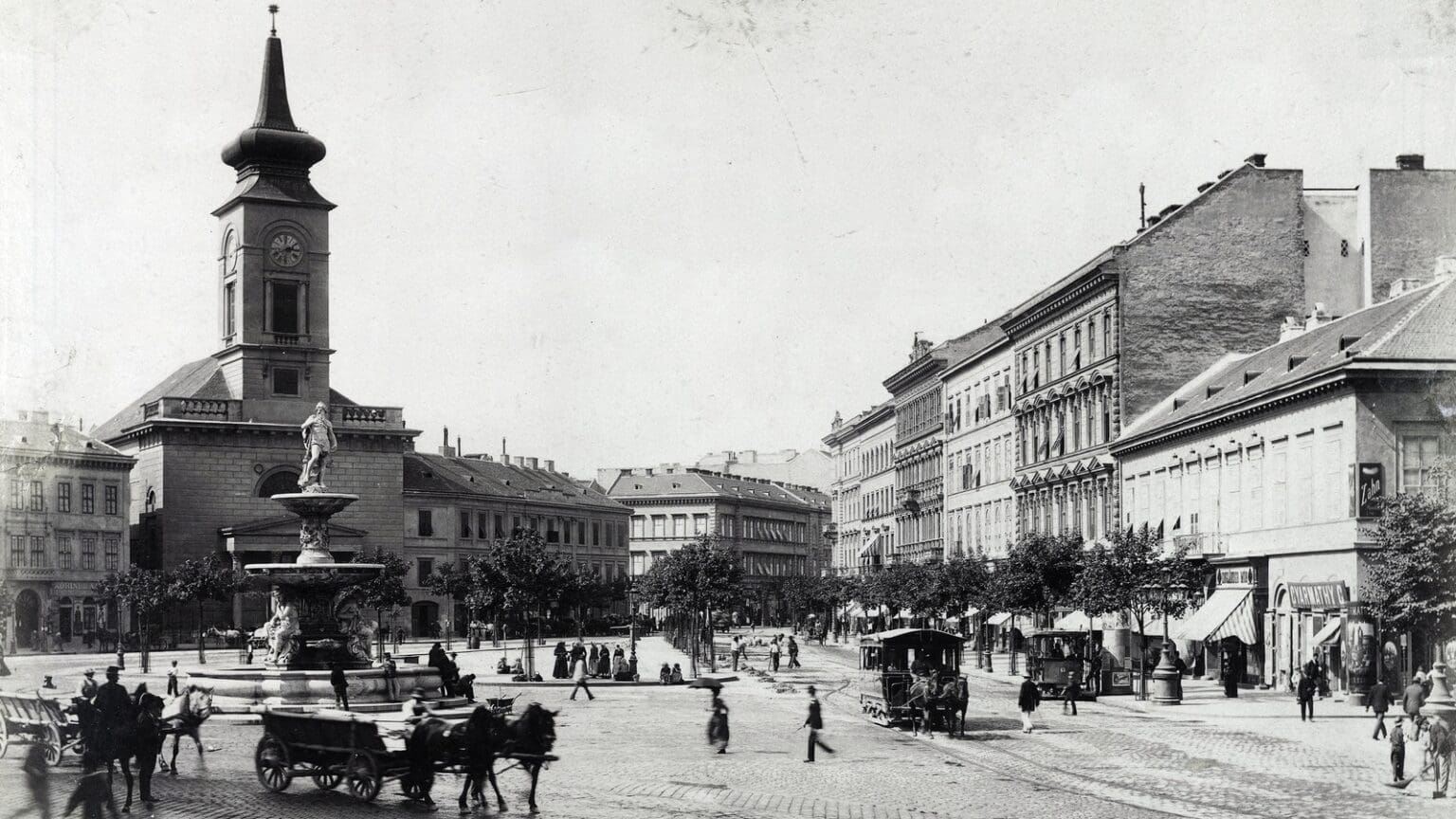
The question may rightly arise as to how and with what means of transport city residents travelled in Budapest before the introduction of today’s railway network and modern means of transport. The capital’s transport network now connects all points of the city, but the efforts to this aim were already present in the 19th century.
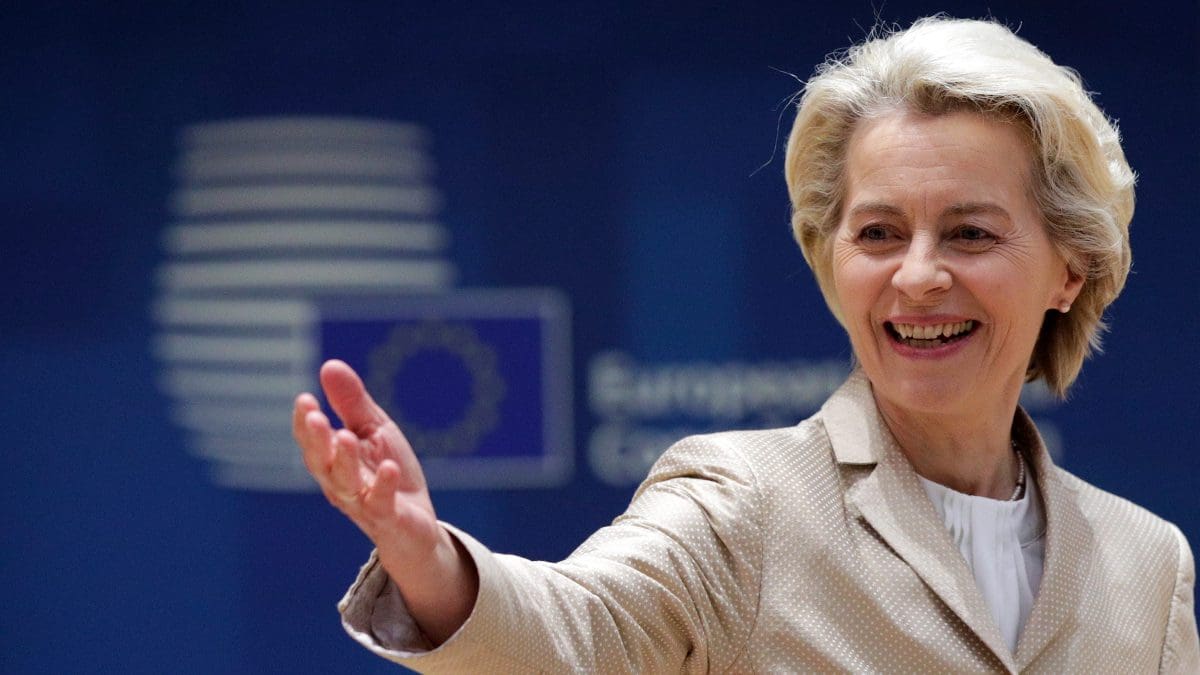
‘But anyways, a changing of the guard is coming. And that means that Ursula von der Leyen—by the way, nominated, if not created, by former German Chancellor Angela Merkel—, just like Jens Stoltenberg, has to look for a new job. Pony riding is obviously no option for her any more. She is a political animal, a political wolf maybe. Too bad that there are technical and political obstacles.’

The Hungary Helps Programme, however, does not only help persecuted Christians, but provides effective support in crisis areas and areas that are hit by man-made or natural disasters as well. Since the outbreak of the Ukraine war, Hungary has provided 130 billion forints (335.6 million euros) in aid to the victims of the war in Ukraine. Hungary also sent ten tons of relief supplies to Turkey immediately after the deadly earthquakes on 6 February and 50 million forints (132,000 euros) to Syria.

‘If in the coming years, the world cannot transition to electric-based transportation, then all environmental goals, climate goals, and green objectives will remain naïve illusions,’ Péter Szijjártó explained at the groundbreaking ceremony of the new factory of the South Korean EcoPro company.

In February 2023, the Defence Innovation Research Institute (VIKI) was established, with the aim of identifying and supporting the development of dual-use technologies, that is technologies that can be used for both civilian and military purposes. The institution is led by Brigadier General Imre Porkoláb, Ministerial Commissioner for Defence Innovation.
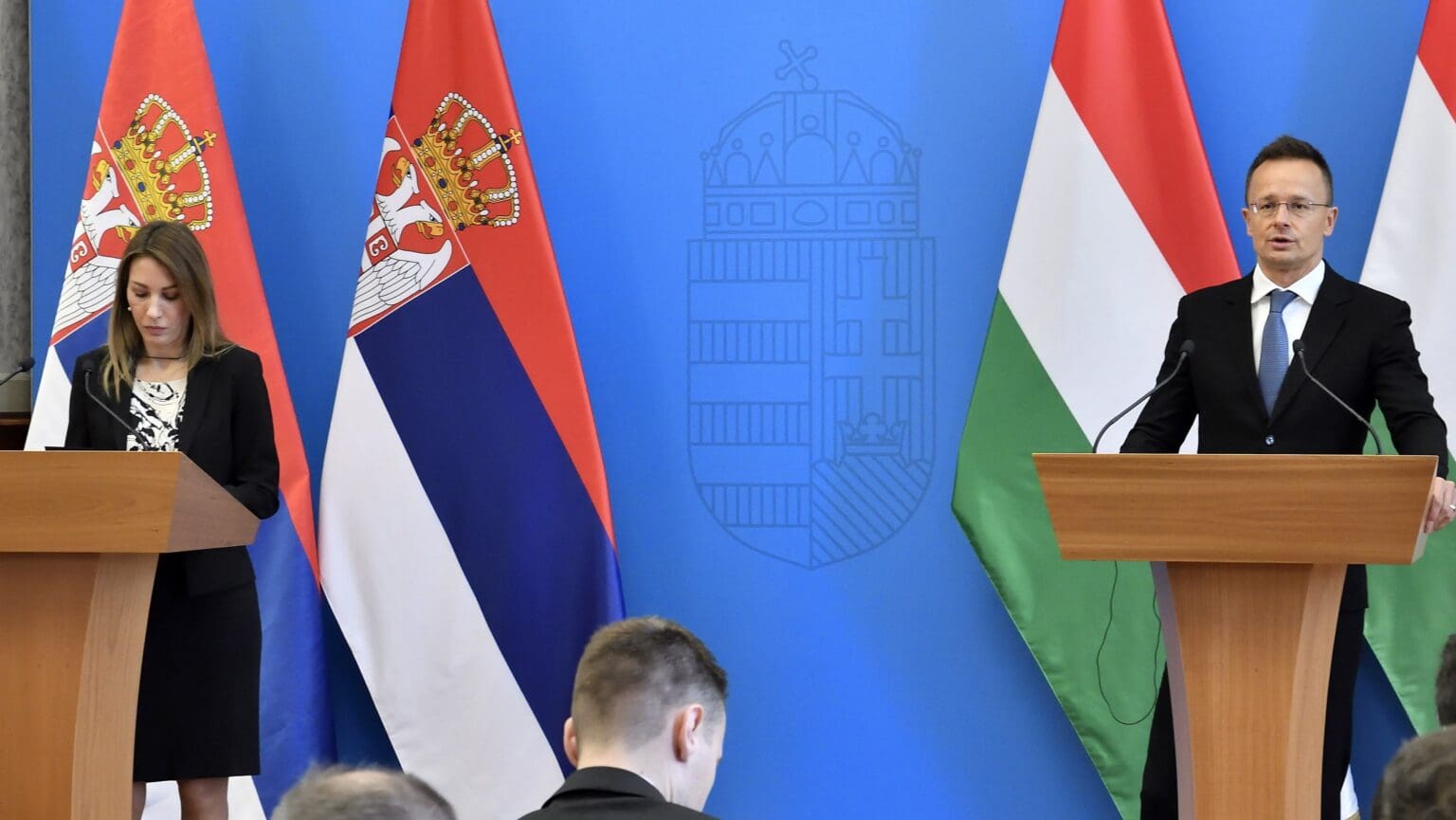
‘Hungarian-Serbian strategic energy cooperation is one of the guarantees that Hungary’s supply will remain secure in the next period,’ the minister said.

Attila Mokos, who has also recently received the Mari Jászai Award award in Hungary for his work as a thespian, became the first actor in the award’s history to win in two different categories in one year.

During a visit to the United States Balázs Orbán appeared on Tucker Carlson’s show, spoke at a Heritage Foundation conference and gave an interview to the Washington Times.

In Matolcsy’s understanding, the current debate on the theoretical and practical side of the economy is caused by the difference between ‘the former liberal approach and the currently rising approach based on sustainability’, the contrast of which is compounded by, or more precisely triggered and culminated by, ‘the clash of Western and Eastern, i.e. Asian, positions’. The author clearly takes a stand against Western neoliberalism and is in favour of a Eurasian shift.

Both statesmen won their respective elections by around 19 percentage points last year, but the similarities do not end there. Their stances on immigration, the Ukraine war, and, most notably, the restriction of teaching gender theory in schools, have been very much akin to each other in the past.

When asked about the legacy of Sir Roger, Sophie Scruton said that she is pleased her husband’s work inspired so many initiatives. She said that it likely helps that she is encouraging them as well. She added that Roger Scruton wanted to leave a strong legacy and he would be glad to know that his writing is of such interest today.
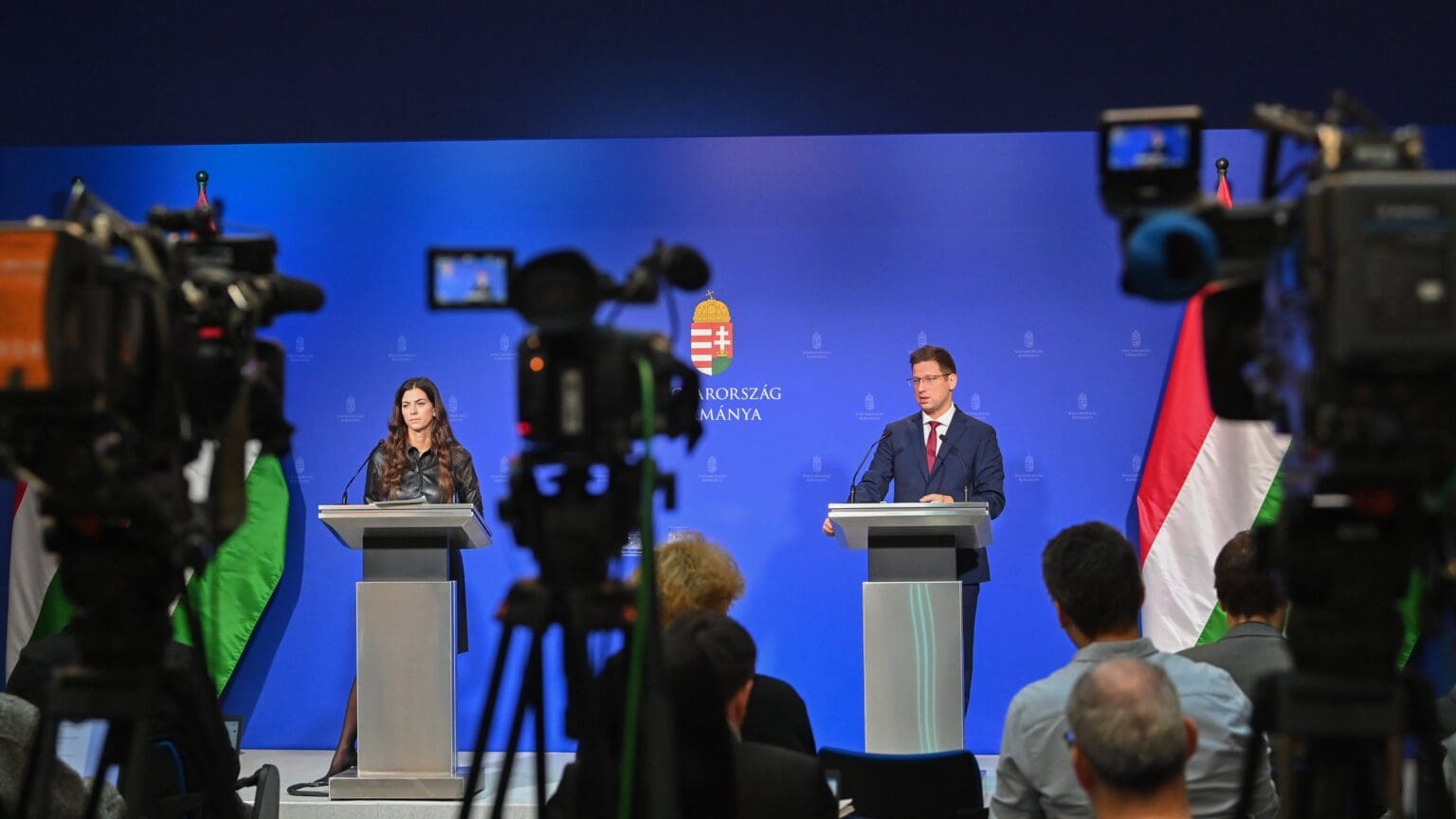
The minister announced that the government has imposed a ban on 25 agricultural products from Ukraine, including grain, sunflower seeds, cooking oil, and specific meat products until 30 June. He also noted that while according to the European Commission, Ukrainian grain exports should be facilitated to ease the food shortage in Africa, these imports could ‘ruin the Hungarian agricultural market instead’.
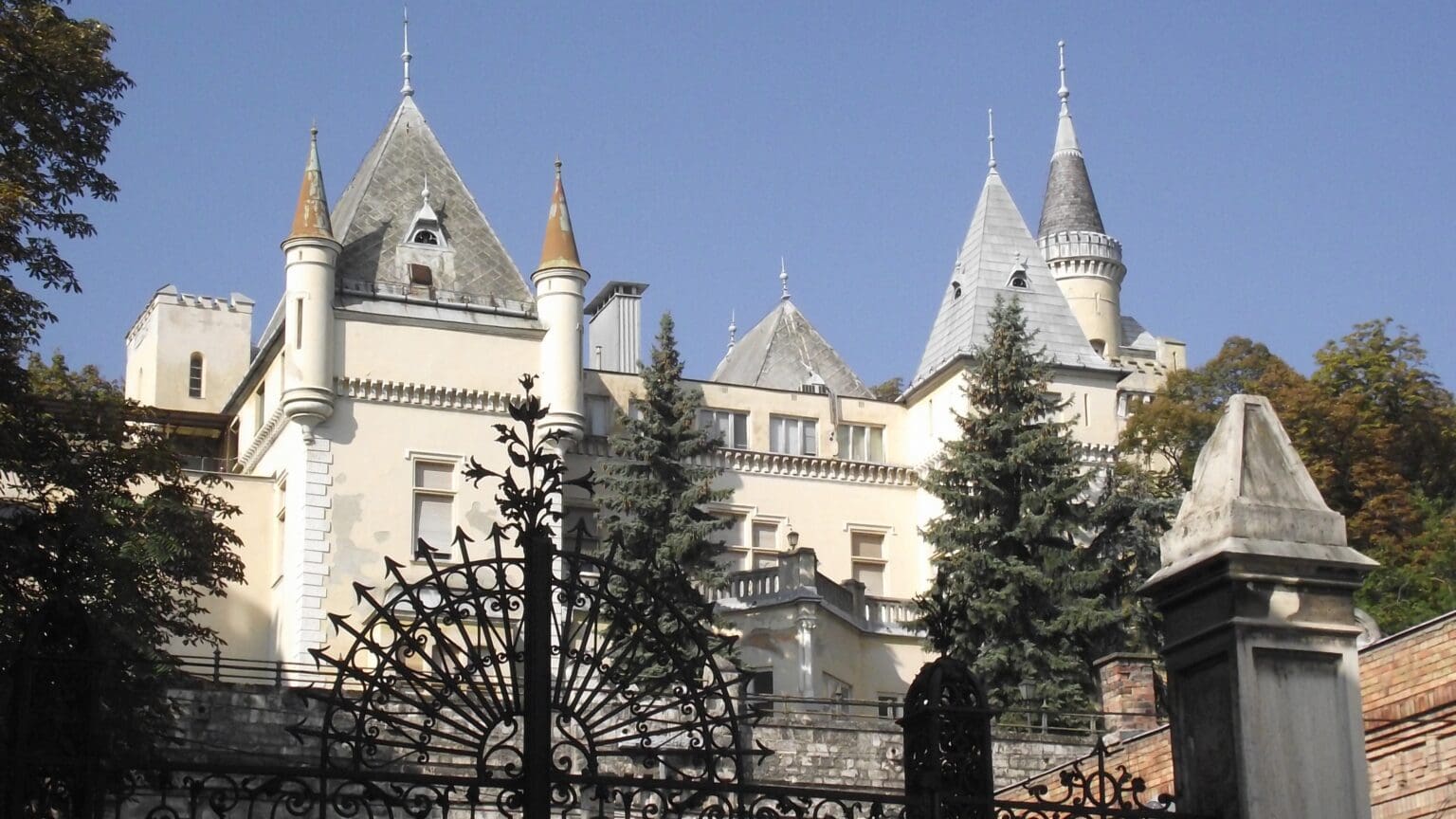
Traditional Hungarian drinks range from the bittersweet Unicum and the fizzy fröccs to the Hungarian lager Dreher and the sparkling Törley. Some of the iconic brands were created by distinguished families, whose legacy lives on, even if the companies manufacturing the drinks they created do not necessarily belong to those dynasties any more.
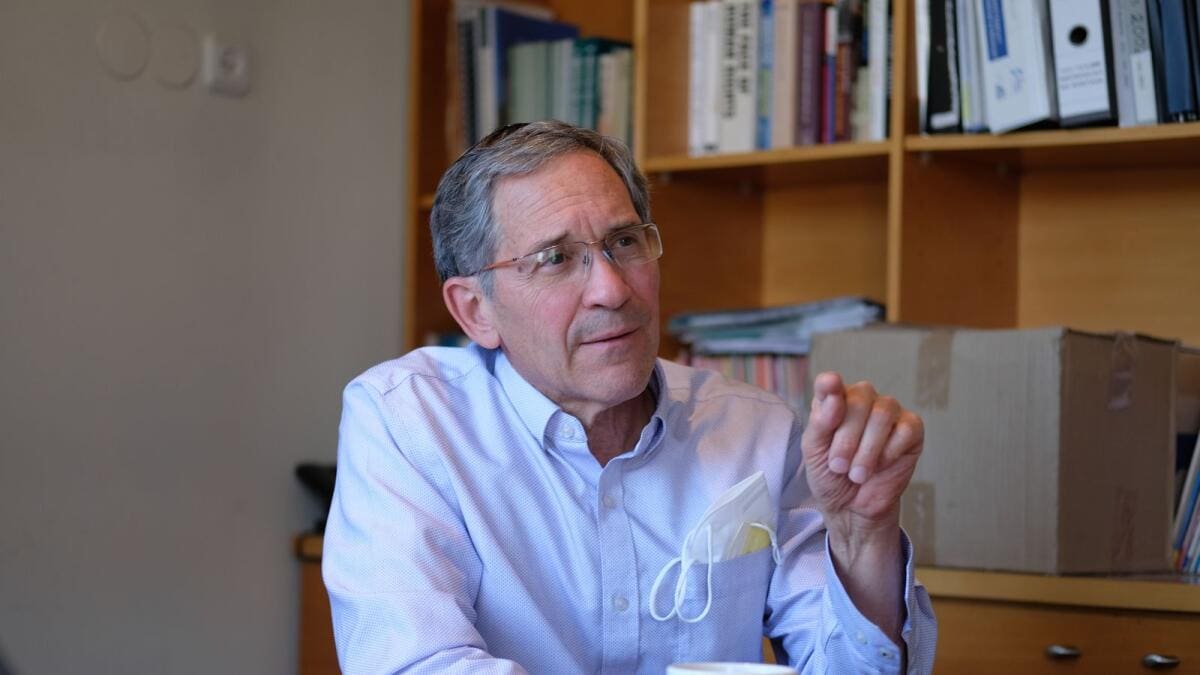
‘Israel is the only country in the Middle East where Christians thrive in every aspect of life and enjoy equal rights. If you look at other Muslim countries in the Middle East or Africa, it can be seen how Christians are persecuted and massacred on a monthly basis. I’m always shocked that the Christian leadership around the world and the mainstream media are so silent about the sufferings of persecuted Christians, but when it comes to Palestinians blaming Israel for Christian persecution, the whole world is screaming.’

Péter Szijjártó noted that the so-called post-Cotonou agreement, planned between the European Union and the African, Caribbean, and Pacific Group, has three pillars: economic cooperation, migration, and other issues, such as sexual rights. ‘Hungary clearly agrees that economic cooperation should be tightened, which would be beneficial for both parties, especially nowadays when the world is moving towards the formation of blocs again,’ he said, adding, however, that regarding the issue of migration and sexual rights, the Hungarian government has serious doubts and red lines.

In his exclusive interview with Hungarian Conservative, Mr Rufo talked about how, in his opinion, Florida Governor Ron DeSantis demonstrated that ‘courage and competence are the key elements of successful governance’ with his fight with the Disney corporation; as well as what he believes the motivation of the woke far-left activists are, and how to fight them effectively.
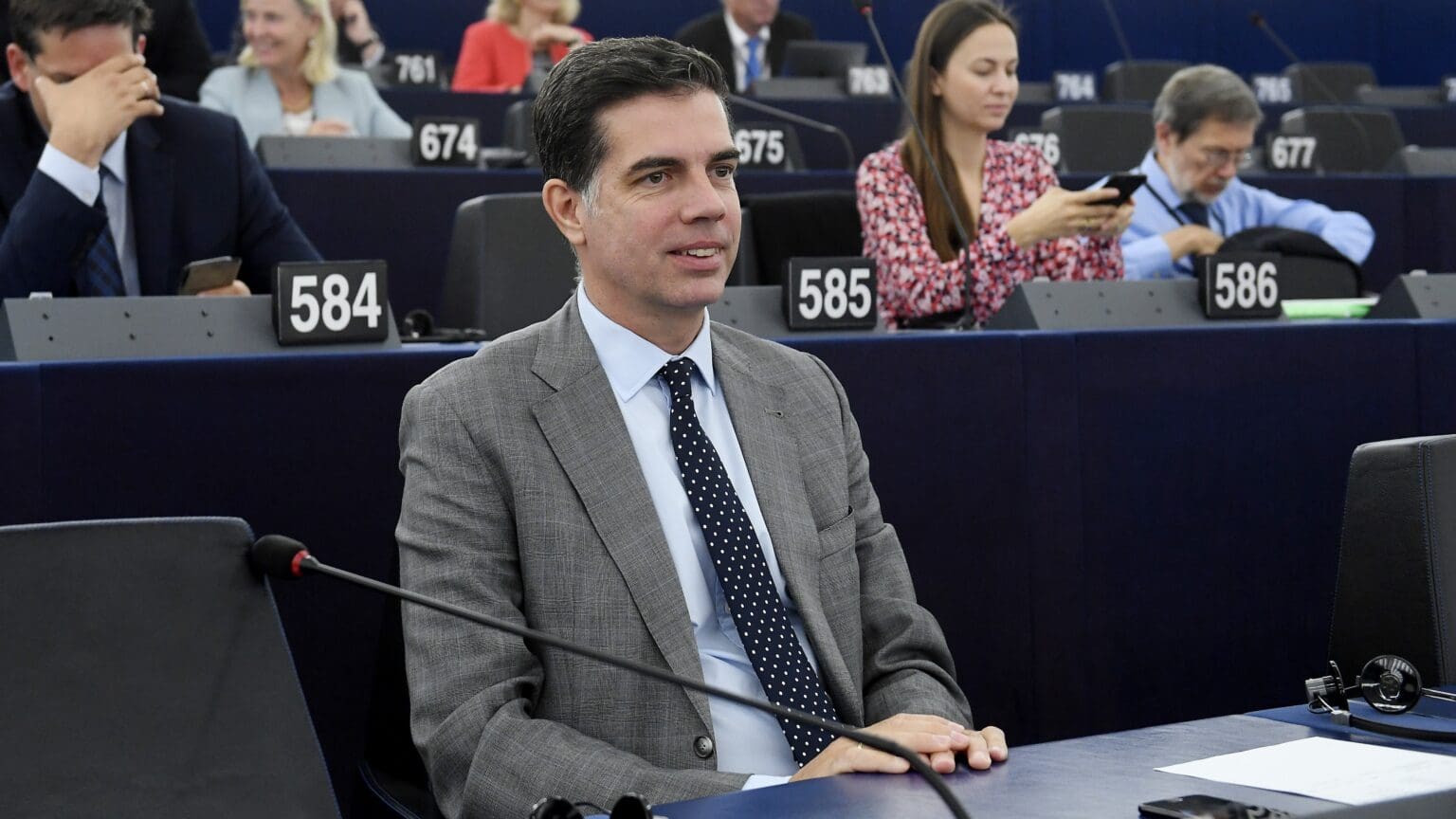
Fidesz MEP András Gyürk emphasised that creating modern energy storage facilities is a costly endeavour, so he called upon the European Commission to ‘provide immediate access to each member state to the funds they are entitled to.’
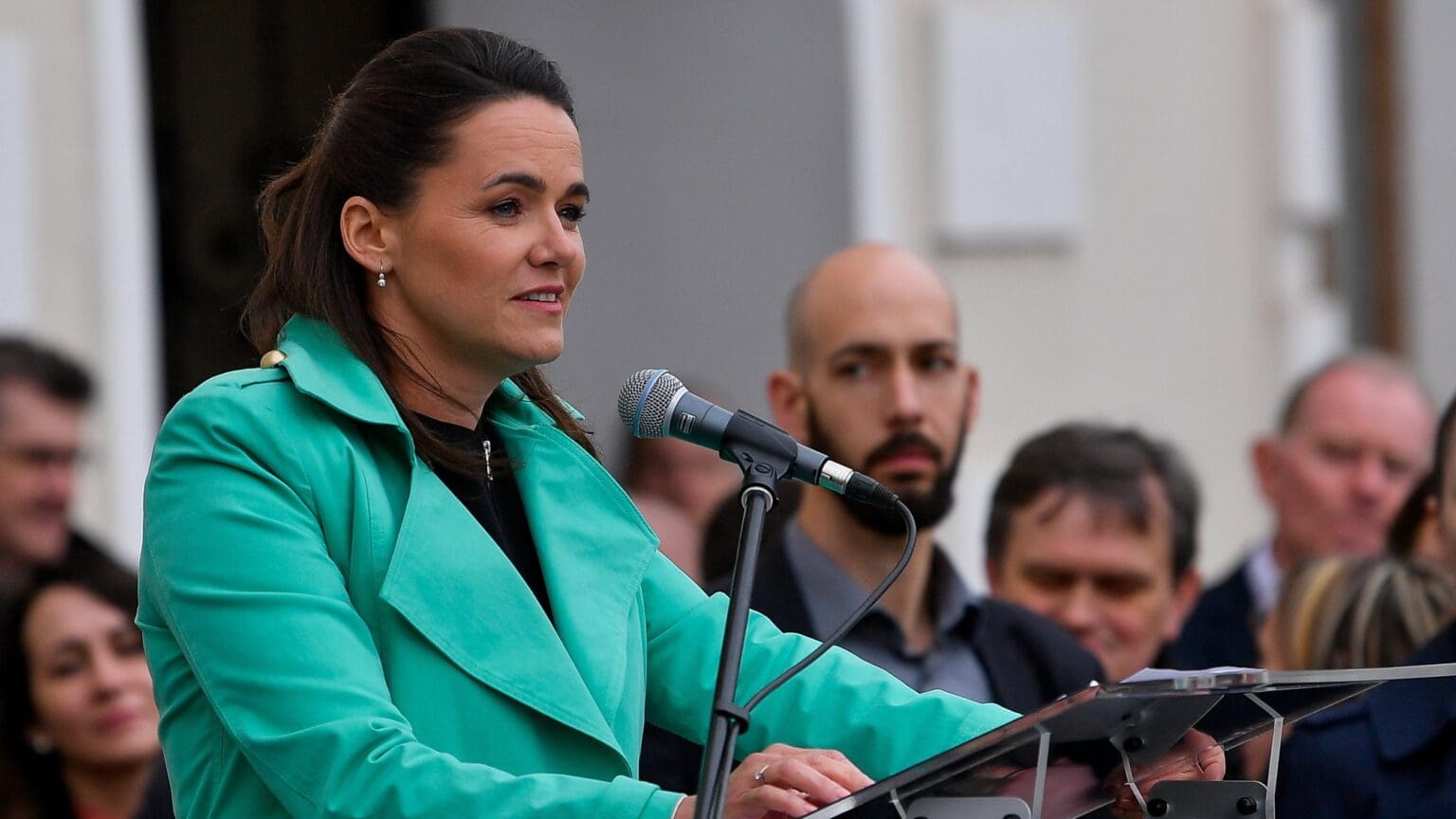
The Hungarians in the crowd did not allow the protesters to ruin the unveiling, instead they started to loudly sing a Hungarian folk song and the national anthem of Hungary, thus, drowning out the voice of the few protesters.

Pope Francis is set to arrive in Hungary on 28 April. During his visit, he will convey a strong message in support of peace in Ukraine, and will meet refugees, children struggling with illness, as well as Hungarian leaders.
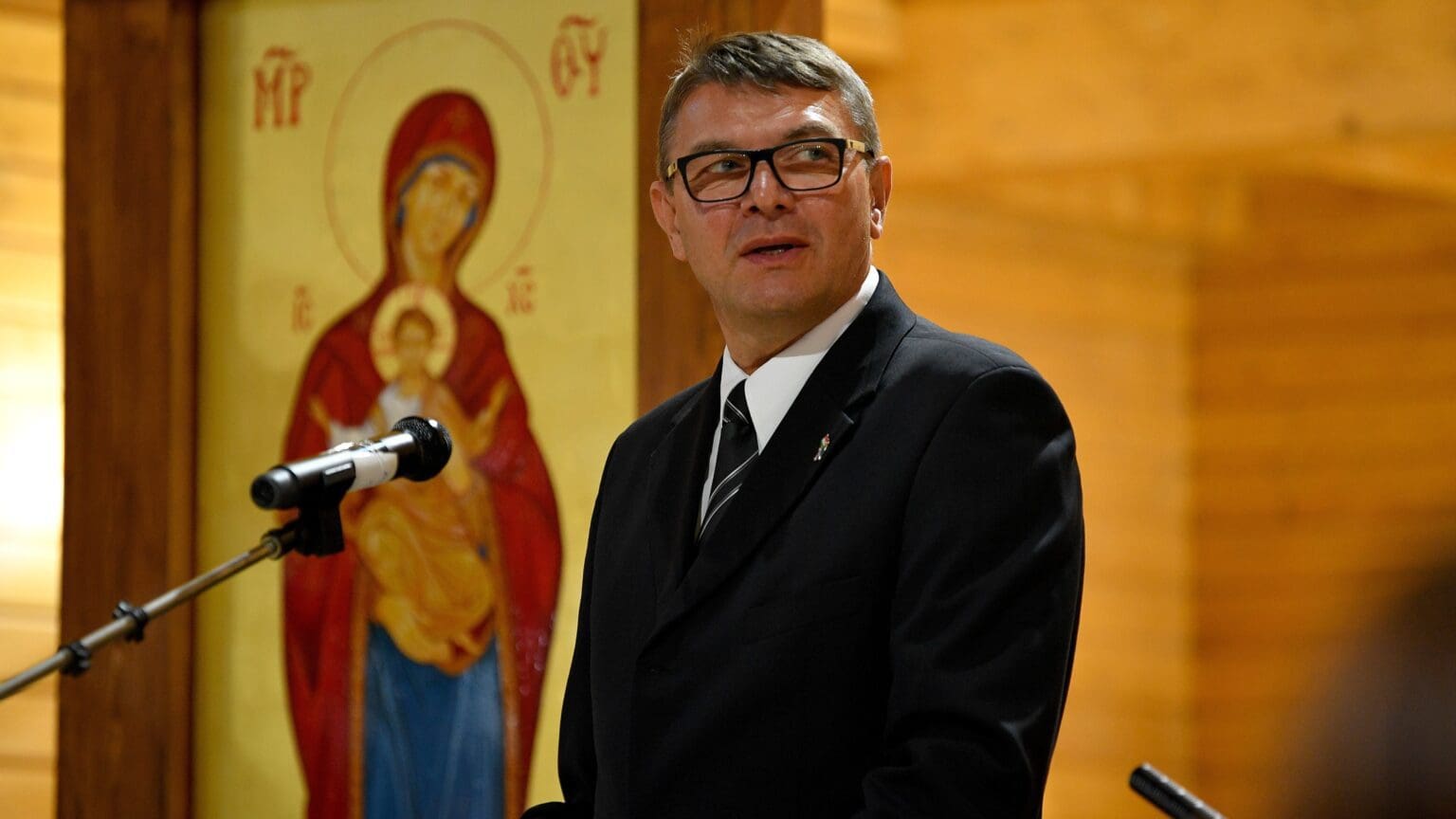
For over a thousand years, Hungarians and Rusyns have lived peacefully together. This shared history offers important lesson of cooperation and mutual respect.
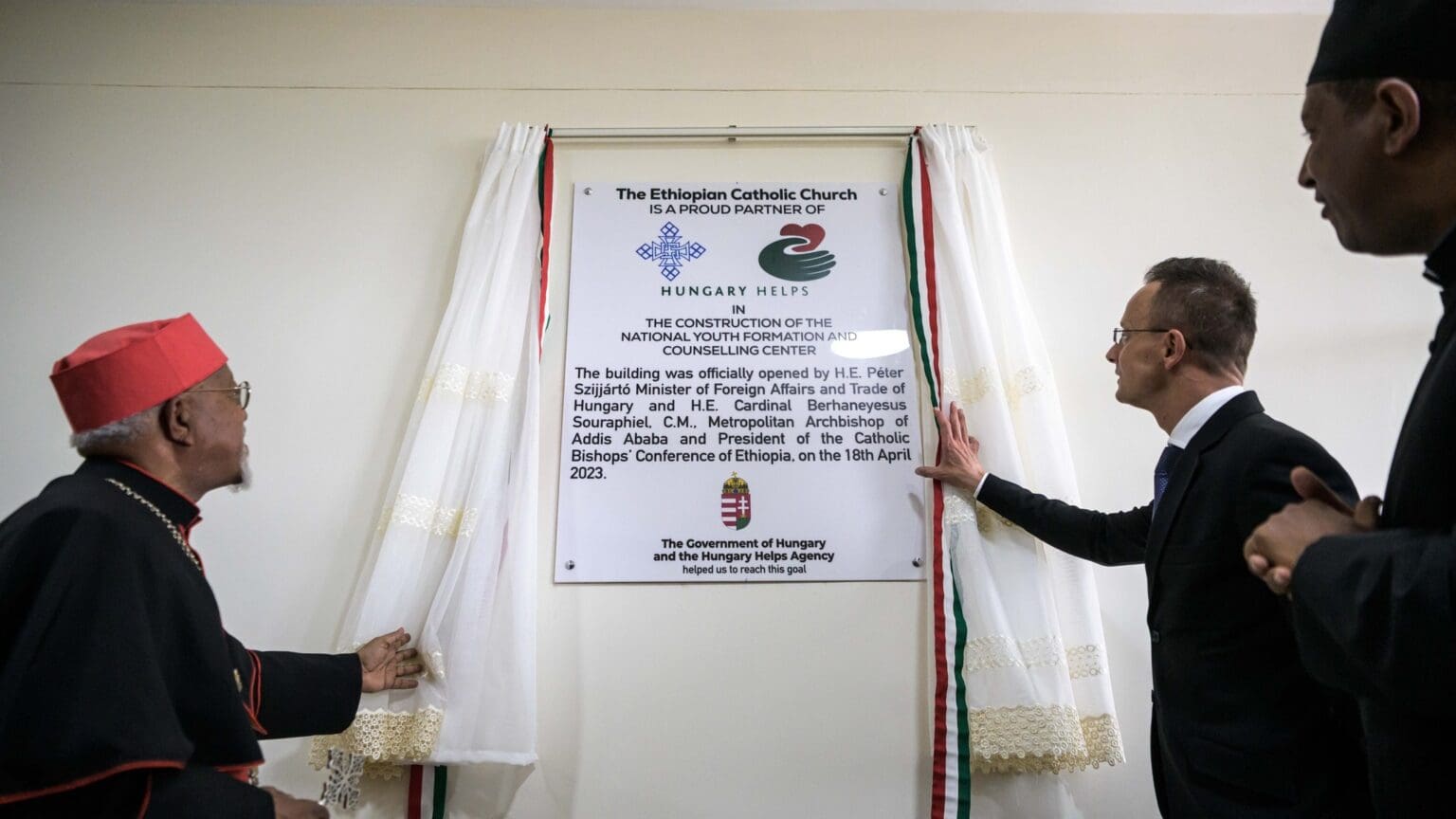
Cardinal Berhaneyesus Demerew Souraphiel, Archbishop of Addis Ababa, said Ethiopia and Hungary had both preserved their Christian values, making them similar in many ways.
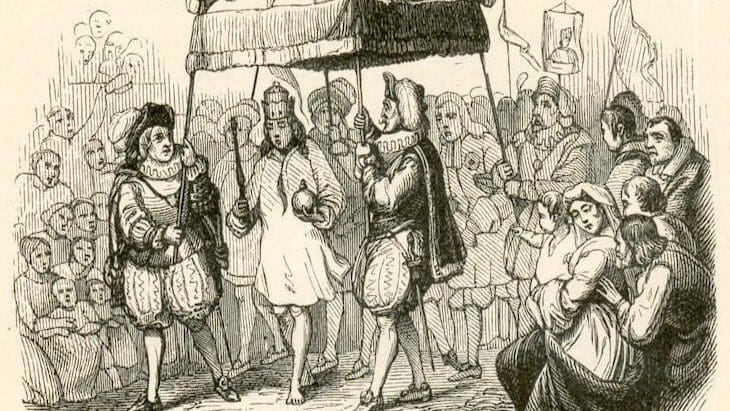
Ambassadors are supposed to represent their country’s interests in overseas capitals, including advocating for their government’s policies. But they are also supposed to be prudent and, well, diplomatic. Do the American people understand how David Pressman, Washington’s man in Budapest and the chief cosmetician of swinish policies, is coming off like a ham-fisted bully?—An opinion piece by Rod Dreher.

Sigismund of Luxembourg, the ruler who ascended the Hungarian throne in 1387, and whose first wife was the granddaughter of Charles I, could, of course, have heard of his predecessor’s order, and perhaps even followed his example when he himself founded the Order of the Dragon in 1408.

The confusing messaging of the US Embassy-sponsored billboards seems to erroneously imply that the Orbán administration is not in favour of the withdrawal of Russian troops from Ukraine, when in fact the Hungarian government has repeatedly stated its public support for Ukraine’s territorial integrity.

Hungary will not allow a slew of agricultural products to be imported from Ukraine until 30 June. A spokesperson of the European Commission called the actions of the Central European countries ‘not acceptable’.